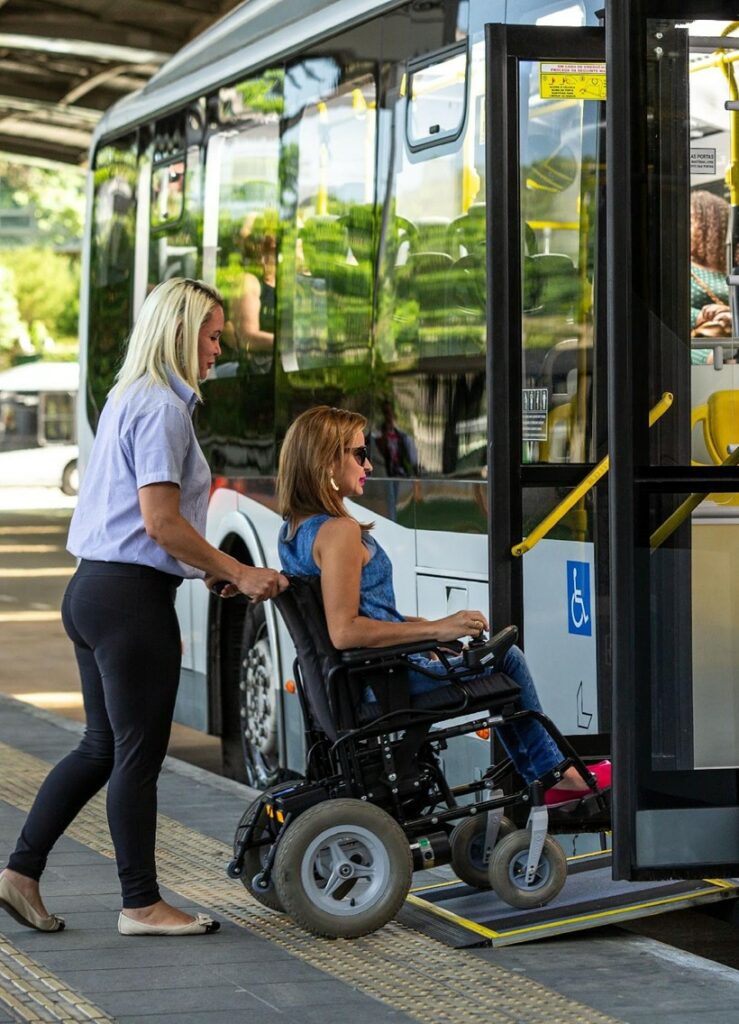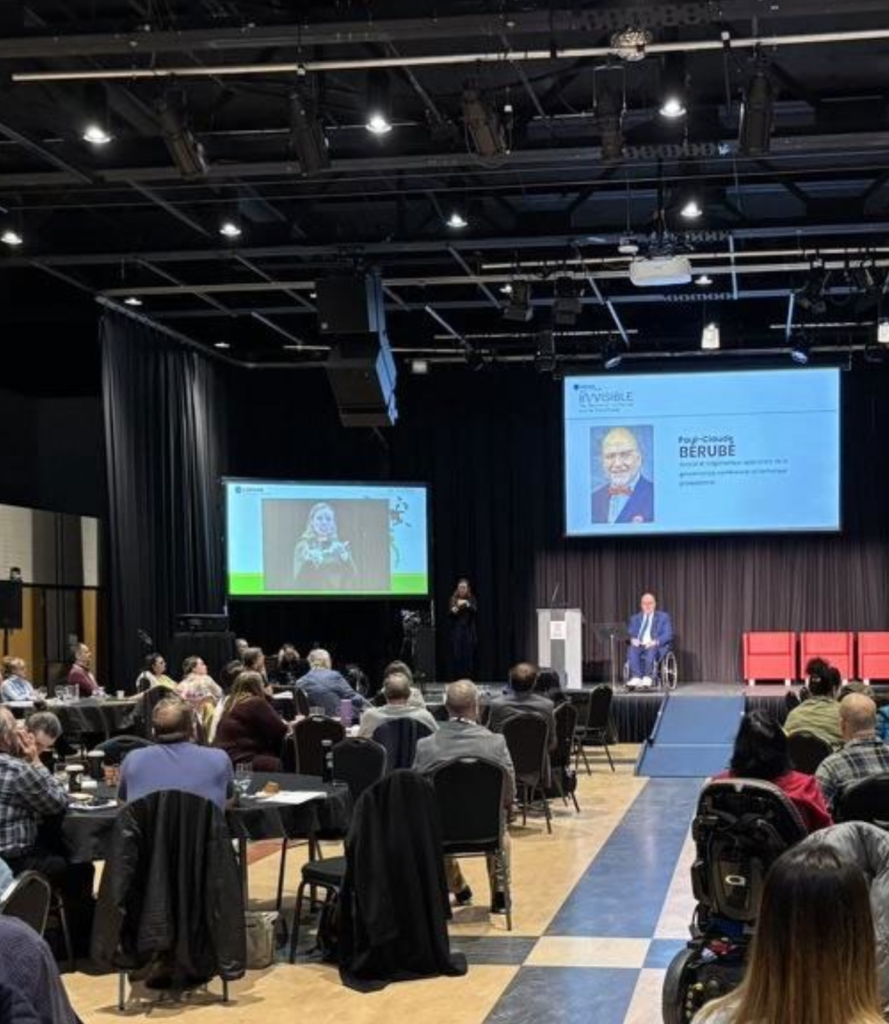
Overview of the situation
Immigrants with disabilities face unique challenges, dealing with dual discrimination due to their migration status and disability. They often face barriers in accessing adequate housing, health services, employment opportunities and accessible infrastructure. Biases, language and cultural barriers, as well as a lack of awareness exacerbate their difficulties. An inclusive approach is needed to address their specific needs and foster their integration.
Some specific barriers and how to address them:
- Limited access to health services: Health services are often ill-suited to the needs of persons with disabilities, and even more so for immigrants. Training medical staff to be more inclusive and providing language interpretation services is crucial.
- Inaccessible and expensive housing: Adapted housing is often rare and expensive. Increasing the availability of social and accessible housing and providing specific support tools and services for immigrants with disabilities is essential.
- Recognition of qualifications: Immigrants with disabilities may have qualifications and skills that their host country does not recognize. Qualification recognition programs and additional training are needed to facilitate their professional integration.
- Discrimination and prejudice: Immigrants with disabilities often experience multiple discrimination. Awareness campaigns and training on diversity and inclusion can help reduce bias and promote a more welcoming environment.
- Accessibility of transportation: Paratransit services can be inadequate or poorly planned. Improving public transit accessibility and providing more efficient paratransit options should be priorities.
Standards and obligations
There are frameworks to guide organizations in creating more inclusive practices. Some are mandatory, while others encourage organizations to go further.
Good practices
The inclusion of immigrants with disabilities is based on concrete measures and an inclusive approach at several levels: awareness-raising, accessibility of services, professional integration and public infrastructure development. By adopting these good practices, Québec can contribute to a fairer society where all citizens can participate fully, regardless of their origin or situation.
Available resources
-
Subsidies and support programs:
Using available subsidies to improve accessibility and provide financial support to immigrants with disabilities.
-
Documentation and practical guides:
Disseminating practical guides and resources to promote the inclusion of immigrants with disabilities.
Creating an accessible and inclusive environment for immigrants with disabilities is an ongoing process that requires coordinated effort and adaptability. By implementing inclusive practices and raising community awareness, we are helping to build a more equitable and welcoming society for all. And in doing so, every individual can flourish, regardless of their abilities and migratory status.
References
Official documents and government reports
-
Legislative and regulatory framework for immigration in Canada, Government of Canada.
This document explains Canadian immigration laws and regulations, including medical eligibility criteria that affect immigrants with disabilities.
-
Plan d’action à l’égard des personnes handicapées, Office des personnes handicapées du Québec (OPHQ).
This action plan presents the specific measures put in place to improve accessibility and inclusion of persons with disabilities in Québec.
-
Act to secure handicapped persons in the exercise of their rights with a view to achieving social, school and workplace integration.
This Québec law governs the rights and inclusion of persons with disabilities and may be relevant to immigrants.
Rapports d’organisations et études sur l’inclusion des immigrants handicapés :
-
Barriers to the inclusion of immigrants with disabilities, Canadian Council for Refugees (CCR).
This report examines the specific challenges faced by immigrants with disabilities in Canada, including access to health and social services.
-
Pour une pleine participation des personnes immigrantes en situation de handicap [Fostering the inclusion of immigrants with disabilities], Institute for Socio-economic Research and Information (IRIS).
This paper analyzes public policies in Québec and proposes recommendations to improve the inclusion of immigrants with disabilities.
Fact sheet prepared in collaboration with Alexandra Bustillo, psychosocial worker (AMEIPH).










